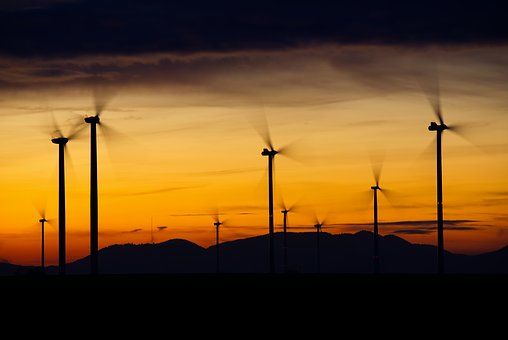South Korea has taken an interest in sustainable Danish energy solutions after being buoyed by an exchange meeting between the embassy and about 50 researchers from the Technical University of Denmark (DTU).
Among the items of discussion were the plans for Jeju Island to become the first CO2-neutral island, and EnergyLab Nordhavn and Bornholm being presented as a national testing centre for new energy technology.
“When we combine the Korean ’fast-mover’ approach with the Danish green ‘first-mover’ approach, we have an excellent foundation to create a green economy together,” said DTU dean Anders Bjarklev.
“I hope that the conference can help promote DTU and our competencies to the Koreans.”
READ MORE: Danish food security on the menu in South Korea
Wind energy potential
The South Koreans seemed particularly interested in the potential of wind energy based on data garnered from DTU’s global wind atlas.
Among the areas in South Korea conducive to wind energy production are the coastal areas around Kosong, Pogang, Mokpo and Ryongyon, as well as more intricate terrain around Hamgyong-Namdo and P’yongan-Namdo.
“One of the challenges with the Korean peninsula is that is consists partially of complex terrain with steep hills and mountains that make it difficult to model the wind power,” said Jake Badger, a section head with DTU Wind Energy.
“Moreover, a large portion of the peninsula is coastal areas. Here, the wind power is difficult to model because of sea breezes and the transition from land to sea surface.”
To more precisely assess the wind turbine potential in South Korea, Badger contended that local partnerships would have to be forged with the likes of industry, universities and national weather bureaus.














